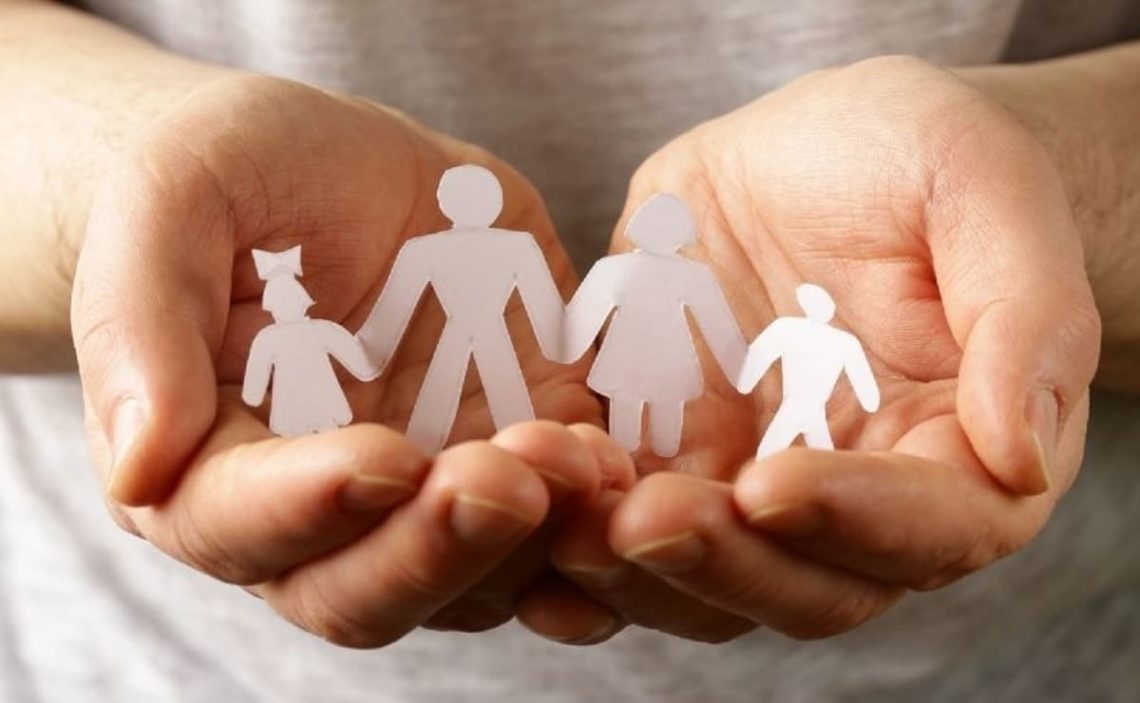Parents’ financial responsibility is one of the most complex parts of parenting. Child support concerns begin when you have a child and decide to separate from your current partner for different circumstances.
The courts begin to act when a parent falls behind with their payments. However, a constant concern is what happens if these amounts are owed, and the child turns 18. So, how are these payments collected?
Is there reimbursement on all past due child support payments?
When the responsible parent falls behind on their child support payments, these payments accumulate, and there is a responsibility to catch up even if the child turns 18. However, the statutes of limitation vary depending on your state.
In some states, the custodial parent can continue to collect the arrears even if the child is of age; it is considered repayment to the legal guardian who took care of the child’s needs for so long.
In other states, the parent is prohibited from collecting child support after the 18th birthday. We can point out some statute of limitations in some states:
- Florida: no statute of limitations
- Arkansas: up to 5 years after the child’s 18th birthday
- New York: 20 years after the 18th birthday
- California: no statute of limitations
- Montana: 10 years after the 18th birthday
- Ohio: no statute of limitations
- New Jersey: 5 years after the child’s 18th birthday
Who recovers back payments after the 18th birthday?
In most cases, the payments go to the parent responsible for 100% of the child’s needs. It is considered a reimbursement for all the money, time, and willingness devoted to the child’s upbringing.
But this law changes depending on the state you are in. In some places in the United States, delinquent money is ordered to be deposited directly to the child rather than to the custodial parent, which requires a new court order. Otherwise, payments will continue to be made to the original payee.
If the person responsible for the payments refuses to catch up, the court will begin to take measures to put pressure on them. Among the alternatives are:
- Withholding or revoking the noncustodial parent’s passport and driver’s licenses until they catch up on outstanding payments
- Seizure of refund checks on his income taxes
- Wage garnishment
- A lien is placed on real and personal property
- Some may pay a prison sentence
Are there changes in the amount of money after the age of majority?
Depending on the court where your claim is being processed, there may be changes in the child support order after the child reaches the age of majority. The variation in amounts depends on the case filed.
Following the general rule, we must pay all arrearages before the child support order is dismissed. It is common for the custodial parent to speak with an attorney to ensure that rights are not lost due to time constraints.
The process of filing for back payments after the age of 18
After all of the above, you will know it will depend on the time the parent has gone without paying child support. Either way, there will already be an application for contempt for arrears, and the courts will keep an eye on it until the payments are completed.
Especially when the reimbursements will be to the state because the custodial parent was on welfare due to non-payment of support, you should contact your attorney to find out the procedure in your case.
María Laura Landino is a journalist who graduated from Boston University with more than four years of experience in the financial sector. He has been responsible for several research papers published by major universities.
Content Manager of allaboutgroup company. You will find me in job and Finance sections.


